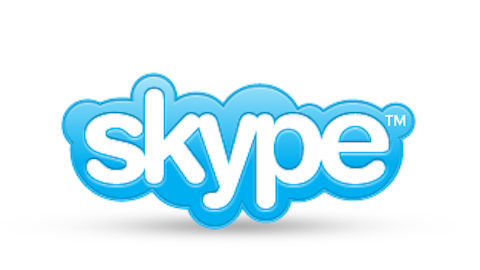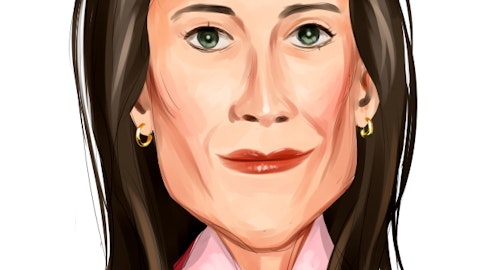Oracle Corporation (NASDAQ:ORCL) was one of the most popular technology stocks among hedge funds and other notable investors during the second quarter of 2012, according to our database of 13F filings (see the full list of the most popular technology stocks). Seth Klarman’s Baupost Group initiated a position of nearly 16 million shares in Oracle between April and June; this made it the third largest holding by market value in the fund’s 13F portfolio (find more of Seth Klarman’s stock picks). Oracle was also one of billionaire Ken Fisher’s favorite stocks, as his Fisher Asset Management reported a position of 20 million shares at the end of the quarter (research more stocks that Fisher Asset Management owned). The database software and management company’s stock price is up 20% on the year, edging the return of the NASDAQ index.
In Oracle Corporation’s most recent fiscal quarter (the first of its fiscal year; the quarter ended in August), revenues were down 2% from the first fiscal quarter of last year. Growth in software- the company’s largest source of sales- was offset by a decline in hardware systems. However, an impressive cost-cutting program has brought operating expenses down 7% over the same period, and that includes a 14% increase in research and development (which could be considered a good investment for a technology company). With share count down as well (about $3 billion was used to buy back stock in the quarter), earnings per share for the third quarter of 2012 were 41 cents, up from 36 cents in Q3 2011.
Perhaps surprisingly given its successful business performance and its market capitalization of nearly $150 billion, Oracle Corporation only trades at 15 times trailing earnings. We think that this is too low for what we see at the company. Sell-side analysts expect continued earnings growth at the company, both in 2013 and over the next several years: their consensus estimates imply a forward P/E multiple of 11 and a five-year PEG ratio of 1.
Large enterprise software companies such as Microsoft Corporation (NASDAQ:MSFT), International Business Machines Corp. (NYSE:IBM), SAP AG (NYSE:SAP), and salesforce.com, inc. (NYSE:CRM) make good peers for Oracle. salesforce.com has fairly low net income in comparison to its stock price, and trades at 74 times forward earnings estimates even with Wall Street consensus showing considerable earnings growth in the next year. About 13% of the shares outstanding are held short, and while we’d be careful to go short such a fast growing company (revenue was up 34% last quarter versus a year earlier) we don’t think that it’s a good buy either. SAP also looks expensive, with trailing and forward P/E multiples close to 20. Its earnings were down sharply in the third quarter compared to the third quarter of 2011 as well; even with good top-line numbers, we’d avoid the stock.
IBM seems to have done well at transitioning somewhat from hardware to software- its earnings were flat in its most recent quarter compared to the same point in the previous year, a much better result than what we have been seeing at many hardware companies- yet the market does not look very optimistic about the stock. It trades at 14 times trailing earnings, a slight discount to Oracle. Its forward P/E is also close to where that company is valued. Given that Oracle is seeing better earnings growth, possibly because its software/services/hardware mix is still more favorable, we would prefer it. Our attitude towards Microsoft can be characterized as “wait and see.” Its forward P/E of 9 is appealing, but we know that at least some of that pricing is due to the expectation that the company will see a temporary bump to its business as consumers buy the new versions of Windows and Office. With Windows 8 and Surface both serving as potential minefields for the company, we’d be prepared to buy Microsoft if the stock takes a dive upon any bad news.






